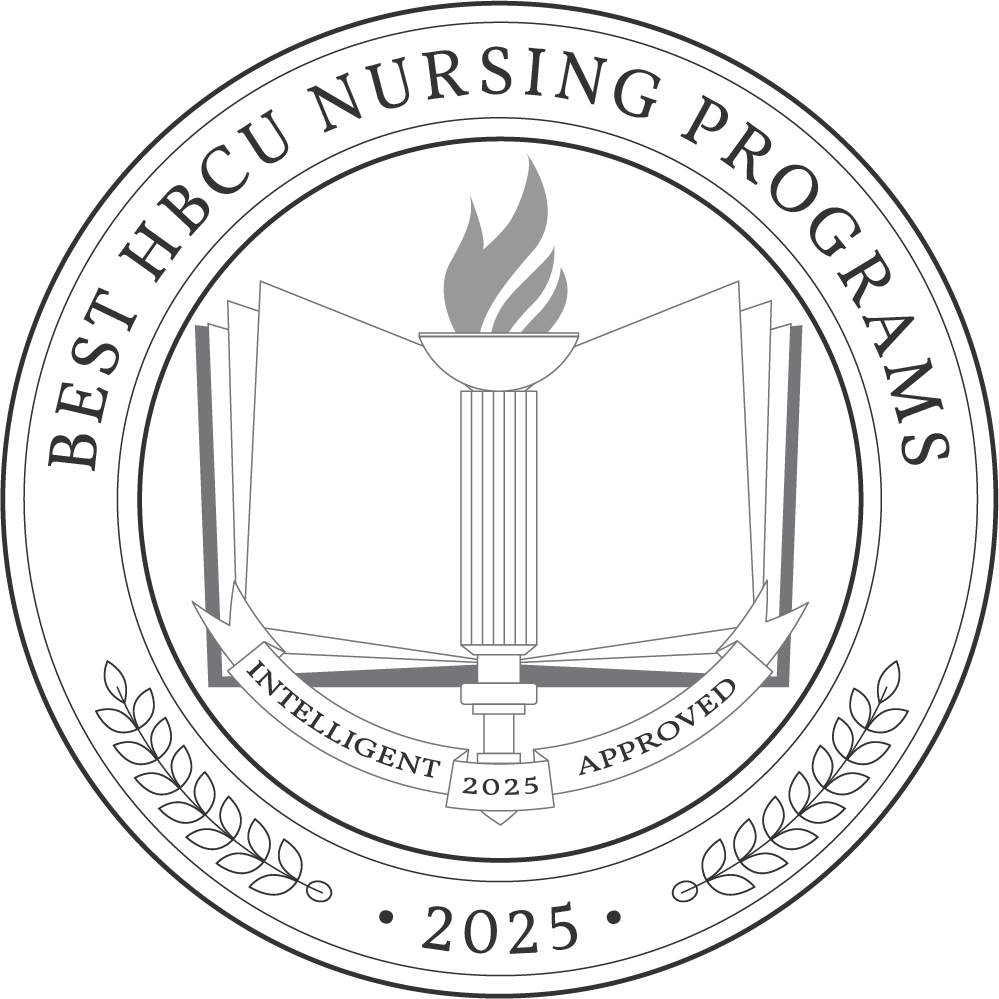Becoming a nurse requires specialized post-secondary education that provides students with the technical and soft skills necessary for this demanding and rewarding field. Nursing degrees are available at the associate, bachelor’s, master’s, and doctoral levels from hundreds of schools. However, only those at historically Black colleges and universities (HBCUs) specifically serve Black students, with a focus on their needs and aspirations.
To help Black students find the right nursing program for them, Intelligent.com compiled this list of the best HBCU nursing programs in the U.S. Students can also learn more about different types of nursing degrees, what to expect in a nursing program, and how to choose the HBCU nursing program that’s right for them.
Why Trust Us
The Intelligent.com Higher Education Team is dedicated to providing students with independent, equitable school and program rankings and well-researched resources. Our expert-driven articles cover topics related to online colleges and programs, paying for school, and career outlooks. We use data from the U.S. Department of Education’s College Scorecard, the National Center for Education Statistics, and other reputable educational and professional organizations. Our academic advisory team reviews content and verifies accuracy throughout the year for the most current information. Partnerships do not influence rankings or editorial decisions.
- Analyzed over 2,000 national, accredited, and nonprofit colleges and universities
- 800+ rankings pages are reviewed and updated yearly
- Content is informed by reputable sources, surveys, and interviews with academic advisors and other experts
- Over 100 data points are reviewed for accuracy and quality throughout the year, including sources
How we rank schools
Our list features the best HBCU Nursing degree programs at top colleges nationwide. Each school featured is a nonprofit, accredited institution — either public or private — with a high standard of academic quality for post-secondary institutions.
We evaluated each school’s program on tuition costs, admission, retention and graduation rates, faculty, reputation, and the student resources provided for online students. We collected data from trusted sources like the National Center for Education Statistics, individual school and program websites, school admissions counselors, and other data sources. Then, we calculated the Intelligent Score on a scale of 0 to 100 based on the following criterion:
Academic Quality:
- Admission rate versus enrollment rate
- Retention rate of students who return after year one
- Accreditation status (regional and programmatic)
- Nonprofit status, both private and public institutions
Graduation Rate
- Overall graduation rate
- Total number of currently enrolled students, including diversity metrics
- Student-to-faculty ratio
Cost and ROI
- In-state and out-of-state per-credit tuition rates and fees
- Required credits to graduate
- Earning potential after graduation
- Availability of federal student loans, scholarships, and other financial aid options
Student Resources
- Available student services for online-only and hybrid programs
- On-campus amenities like tutoring centers and the number of libraries
Read more about our ranking methodology.
Best 24 HBCU Nursing Programs
FiltersInstitution Type
Status
- Intelligent Score
- Alphabetically By University Name
- Acceptance Rate
- Enrollment
- In-state Graduate Tuition
- Out-of-state Graduate Tuition
- In-state Undergraduate Tuition
- Out-of-state Undergraduate Tuition

Fayetteville State University
Intelligent Score: 99.60In-state: $2,982
Out-of-state: $14,590
In-state: $3,438
Out-of-state: $3,438
SAT: 840-1000
ACT: 16-20
Resident: $42
Non-Resident: $208
On-Campus, Hybrid, Online
Commission on Collegiate Nursing Education
Undergraduate: 127

Florida A&M University
Intelligent Score: 98.94In-state: $3,152
Out-of-state: $14,524
In-state: $8,019
Out-of-state: $8,019
SAT: 1030-1150
ACT: 20-24
Undergraduate: $105 Graduate: $334
On-Campus
Accreditation Commission for Education
Undergraduate: 120 Graduate: 42
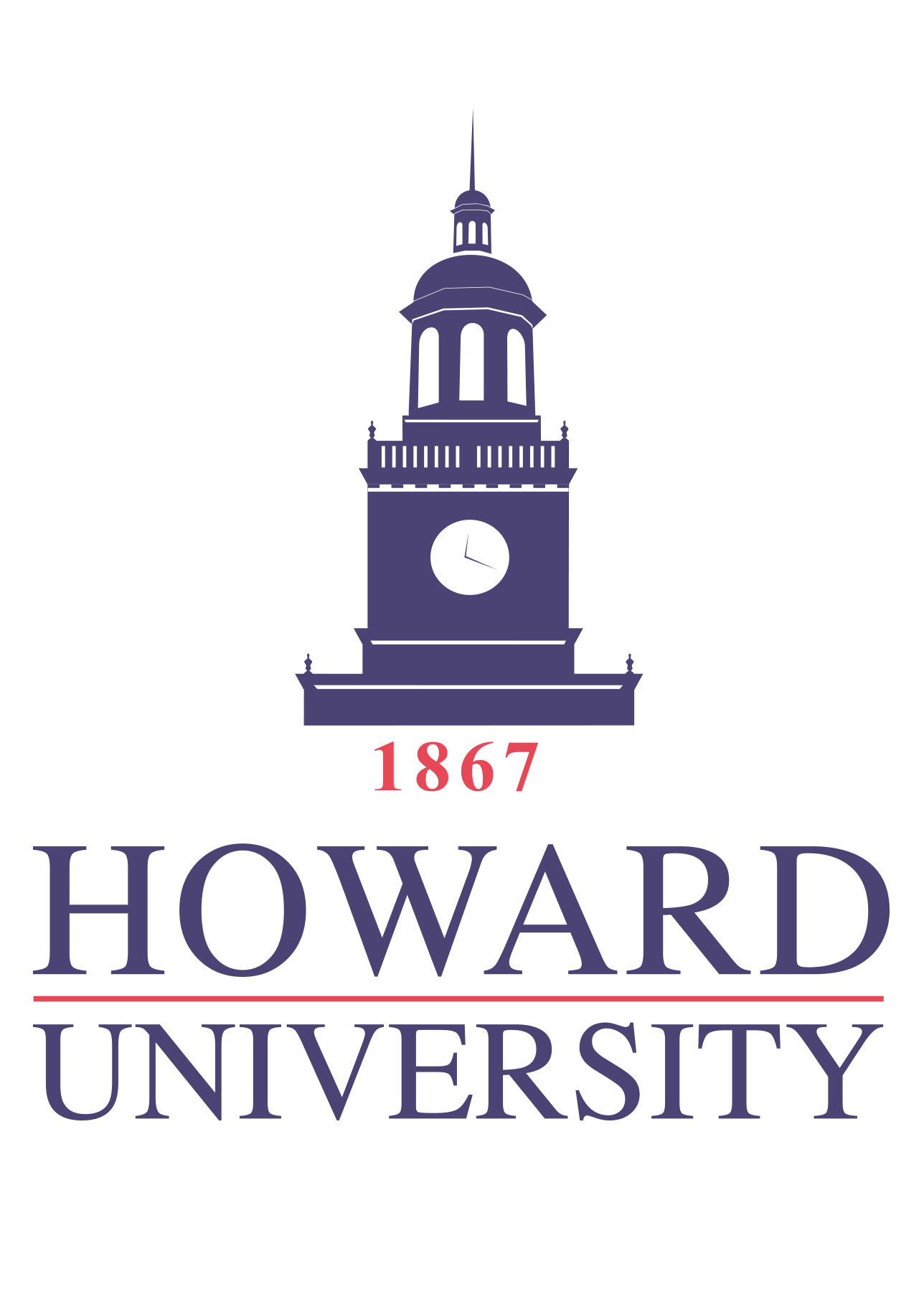
Howard University
Intelligent Score: 98.41In-state: $26,464
Out-of-state: $26,464
In-state: $32,248
Out-of-state: $32,248
SAT: 1130-1260
ACT: 22-26
Undergrduate: $1,178 Graduate: $1,435
On-Campus
Commission on Collegiate Nursing Education
Undergraduate: 120 Graduate: 46
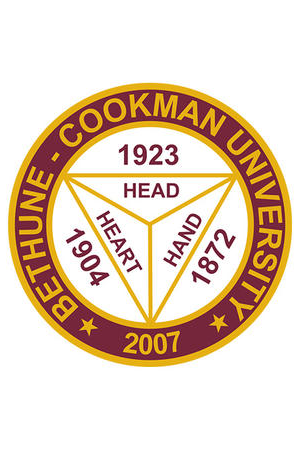
Bethune-Cookman University
Intelligent Score: 96.72In-state: $31,040
Out-of-state: $31,040
In-state: $22,887
Out-of-state: $22,887
SAT: 820-990
ACT: 15-18
Certificate: $540 Undergraduate: $577 Graduate: $450
On-Campus
Accreditation Commission for Education
Certificate: 6 Undergraduate: 120 Graduate: 38

Oakwood University
Intelligent Score: 96.57In-state: $18,974
Out-of-state: $18,974
In-state: $13,680
Out-of-state: $13,680
SAT: N/A
ACT: N/A
$580 - $805
On-Campus
Accreditation Commission for Education in Nursing
Undergraduate: 120-123

Delaware State University
Intelligent Score: 96.03In-state: $7,038
Out-of-state: $16,960
In-state: $5,160
Out-of-state: $5,160
SAT: 810-1010
ACT: 17-22
Undergraduate In-State: $346
Out-of-State: $764
On-Campus
Accreditation Commission for Education in Nursing
Undergraduate: 121-122

Albany State University
Intelligent Score: 93.43In-state: $4,064
Out-of-state: $14,786
In-state: $3,438
Out-of-state: $3,438
SAT: 740-900
ACT: 15-18
Associate In-State: $95
Out-of-State: $360 Undergraduate In-State: $169
Out-of-State: $616 Graduate In-State: $191
Out-of-State: $762
On-Campus
Accreditation Commission for Education in Nursing
Associate: 70 Undergraduate: 122 Graduate: 33-44

Grambling State University
Intelligent Score: 93.33In-state: $5,140
Out-of-state: $5,140
In-state: $5,110
Out-of-state: $5,110
SAT: 860-1000
ACT: 15-19
Undergraduate: $783 Graduate: $895
On-Campus
Accreditation Commission for Education in Nursing
Certificate: 16-31 Undergraduate: 120 Graduate: 43
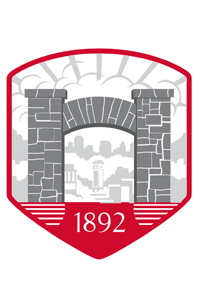
Winston-Salem State University
Intelligent Score: 92.90In-state: $20,406
Out-of-state: $31,062
In-state: $20,877
Out-of-state: $20,877
SAT: 880-1040
ACT: 15-19
Undergraduate In-State: $142
Out-of-State: $586 Graduate In-State: $215
Out-of-State: $800
On-Campus
Commission on Collegiate Nursing Education
Undergraduate: 128 Graduate: 39-78
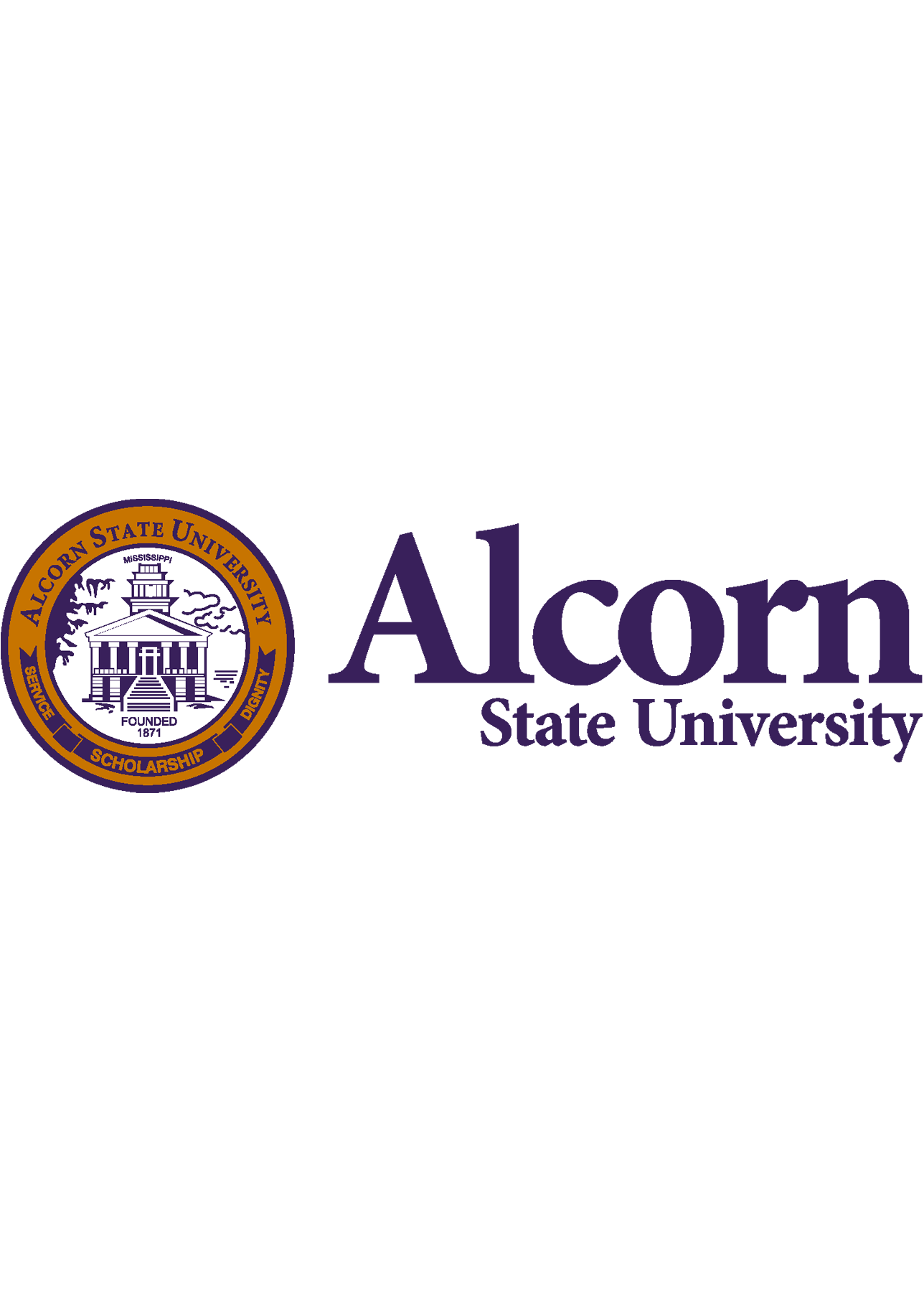
Alcorn State University
Intelligent Score: 92.71In-state: $6,044
Out-of-state: $6,044
In-state: $6,044
Out-of-state: $6,044
SAT: 800-960
ACT: 16-25
Undergraduate: $328 Graduate: $454 - $467
On-Campus
Accreditation Commission for Education in Nursing
Certificate: 13-20 Undergraduate: 120 Graduate: 35-44

Southern University and A&M College
Intelligent Score: 92.55In-state: $28,456
Out-of-state: $35,886
In-state: $28,592
Out-of-state: $28,592
SAT: 890-1060
ACT: 15-19
Undergraduate: $413 Graduate: $471
On-Campus
Commission on Collegiate Nursing Education
Undergraduate: 120 Graduate: 34-60

Hampton University
Intelligent Score: 91.16In-state: $26,198
Out-of-state: $26,198
In-state: $13,099
Out-of-state: $13,099
SAT: N/A
ACT: N/A
Undergraduate: $290 Graduate: $695
On-Campus
Commission on Collegiate Nursing Education
Undergraduate: 120 Graduate: 44-60
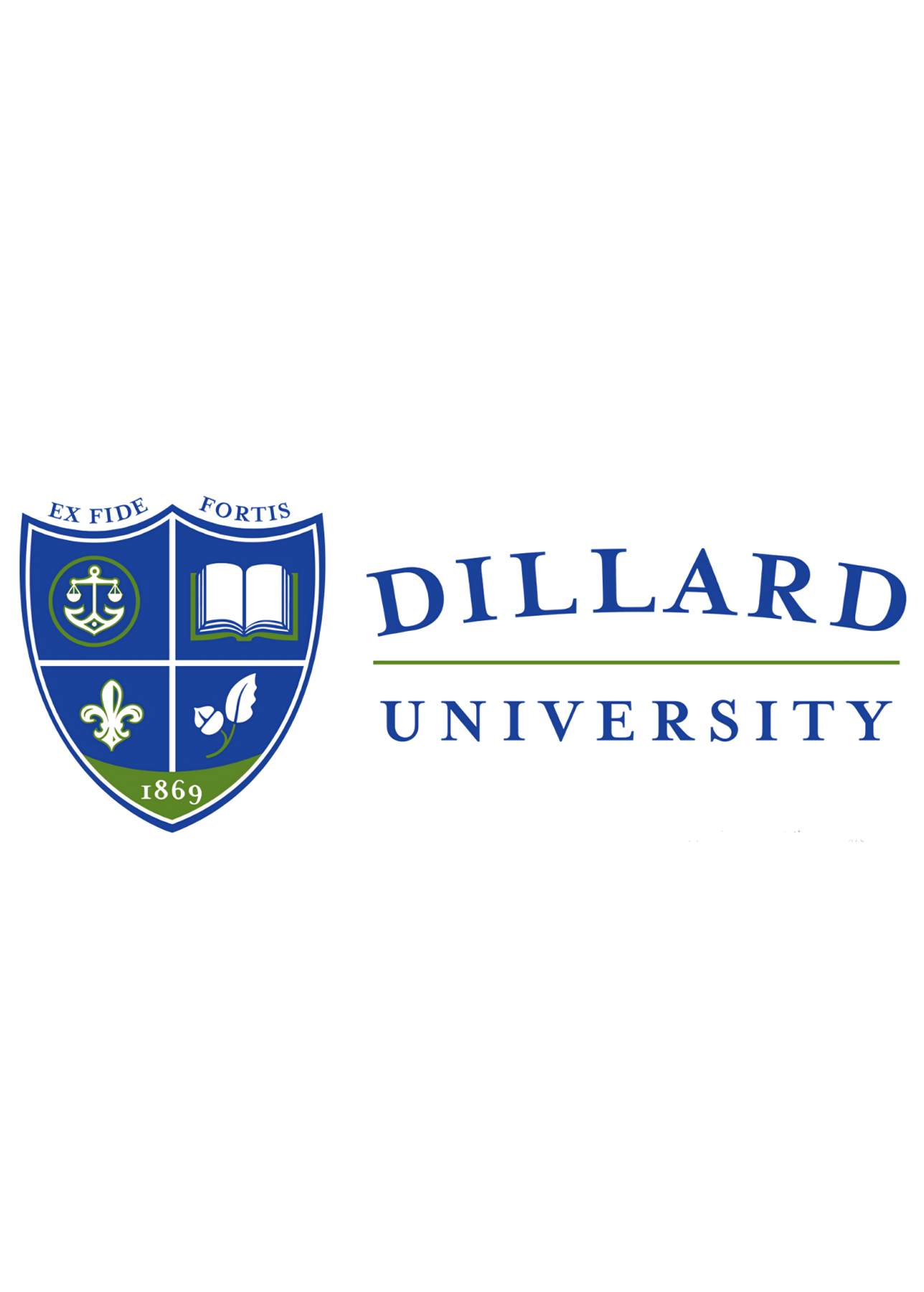
Dillard University
Intelligent Score: 90.82In-state: NA
Out-of-state: NA
In-state: NA
Out-of-state: NA
SAT: 950-1110
ACT: 18-22
Undergraduate: $500 Graduate: $683
On-Campus
Accreditation Commission for Education
Undergraduate:120 Graduate: 36-39
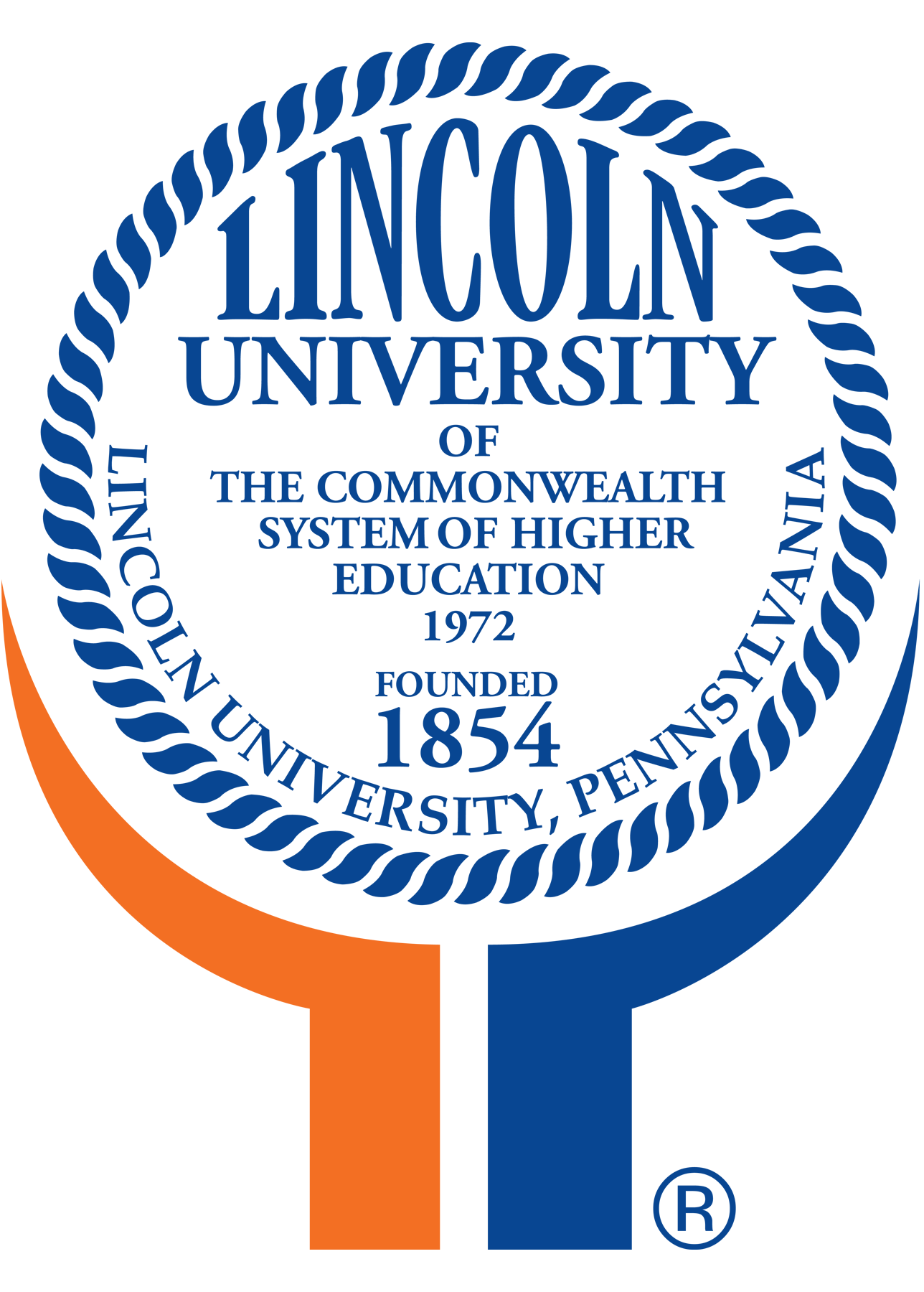
Lincoln University of Missouri
Intelligent Score: 88.74In-state: $8,026
Out-of-state: $13,396
In-state: $10,106
Out-of-state: $10,106
SAT: 860-1028
ACT: 15-18
Resident: $246
Non-Resident: $499
On-Campus
Accreditation Commission for Education in Nursing
Associate: 71 Undergraduate: 120
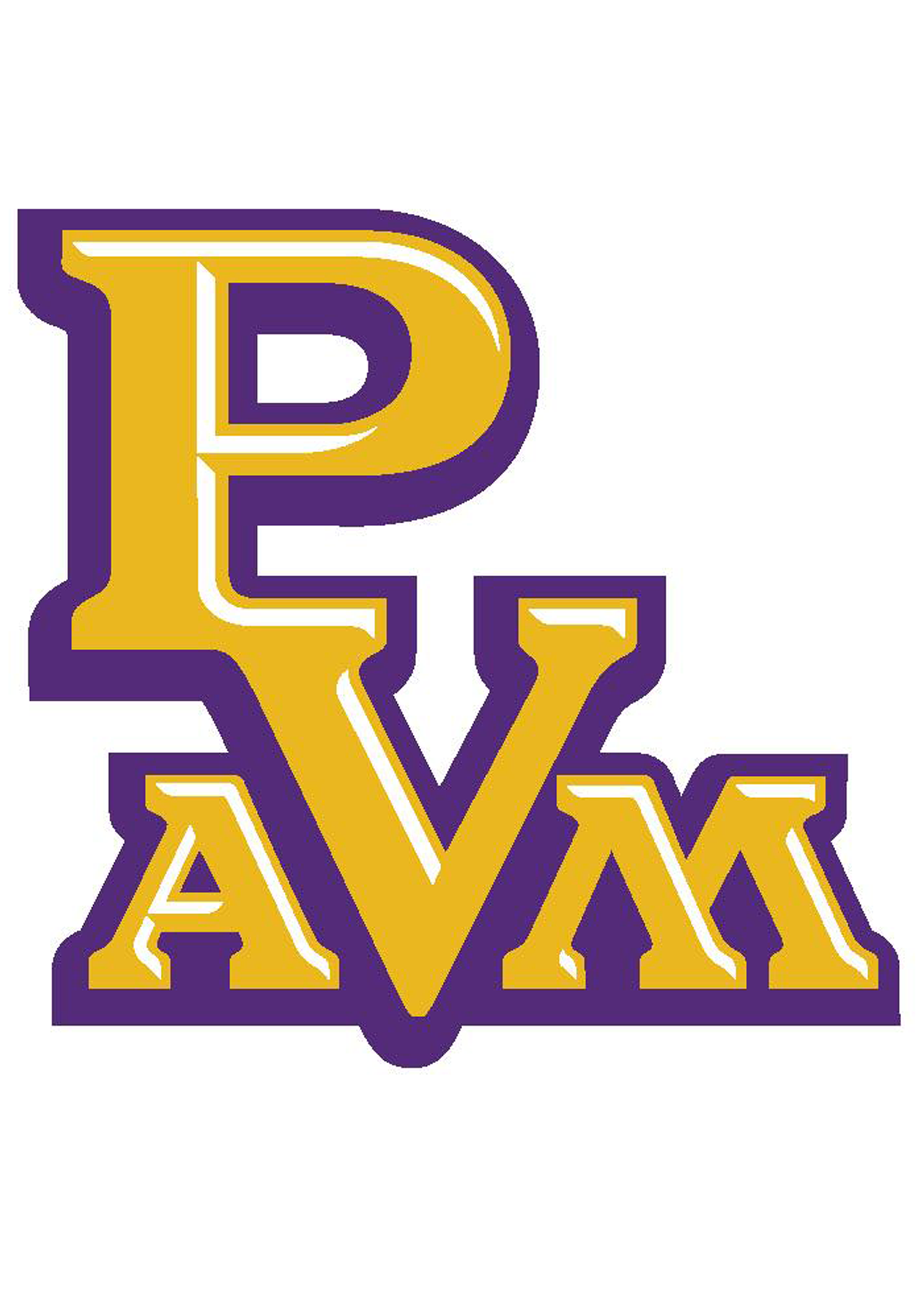
Prairie View A&M University
Intelligent Score: 87.85In-state: $7,253
Out-of-state: $22,552
In-state: $5,096
Out-of-state: $5,096
SAT: 870-1040
ACT: 16-20
Undergraduate Resident: $326
Non-Resident: $832 Graduate Resident: $363
Non-Resident: $872
On-Campus
Accreditation Commission for Education in Nursing
Undergraduate: 120 Graduate: 39-53
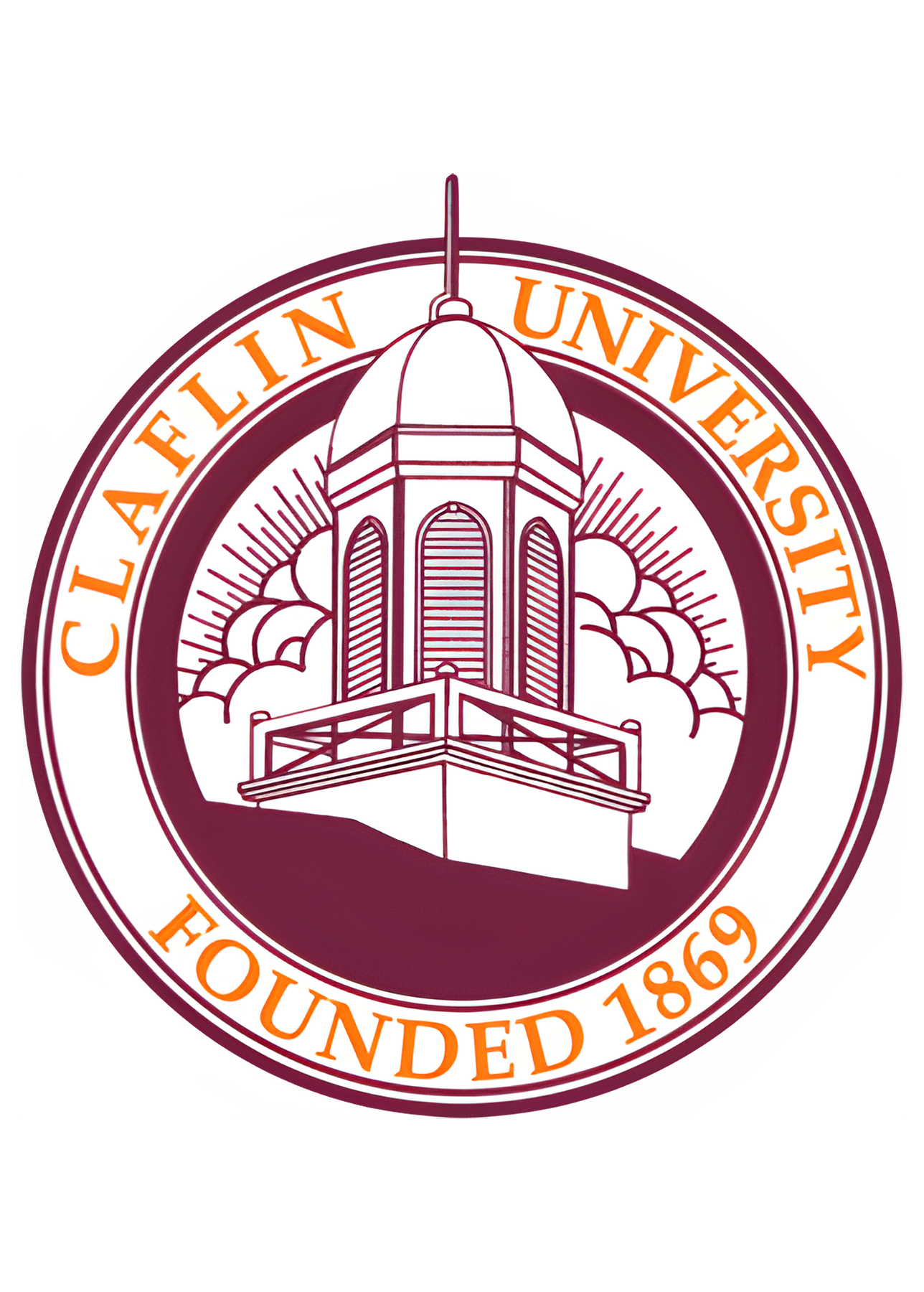
Claflin University
Intelligent Score: 87.72In-state: $16,476
Out-of-state: $16,476
In-state: $11,653
Out-of-state: $11,653
SAT: 840-1040
ACT: 16-18
Undergraduate:$687 Graduate: $608
On-Campus
Commission on Collegiate Nursing Education
Undergraduate: 120 Graduate: 36-47
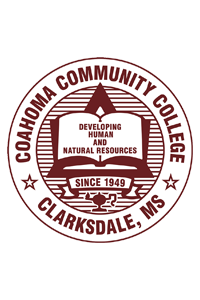
Coahoma Community College
Intelligent Score: 86.37In-state: $10,673
Out-of-state: $10,673
In-state: NA
Out-of-state: NA
SAT: N/A
ACT: 17 or higher
In-State: $175
Out-of-State: $235
On-Campus
Accreditation Commission for Education in Nursing
Certificate: 44 Associate: 72

North Carolina Agricultural and Technical State University
Intelligent Score: 82.27In-state: $3,540
Out-of-state: $17,050
In-state: $4,745
Out-of-state: $4,745
SAT: 960-1130
ACT: 17-22
Undergraduate Resident: $148
Non-Resident: $717 Graduate Resident:$272
Non-Resident: $983
On-Campus
Accreditation Commission for Education in Nursing
Undergraduate: 120-124 Graduate: 36-70
Why Attend an HBCU Nursing Program
For Black students, there can be a number of advantages to attending HBCU nursing programs. Because these types of institutions are designed specifically to serve Black students, they have more knowledge and resources to address the unique needs of Black students than predominantly white institutions. They provide diverse role models that can help Black students develop leadership skills, as well as alumni networks that students can use to enter and advance in the nursing field.
The curriculums for HBCU nursing programs are also developed through the lens of the Black experience in the U.S., which students can then apply to their nursing practice post-graduation. Research shows that Black students who graduate from HBCUs report a greater sense of purpose and identity while enrolled in their programs and feel more successful post-graduation than those who attend predominantly white schools.
What to Expect from an HBCU Nursing Program
Coursework varies based on the type of nursing degree students are earning but typically consists of foundations of professional nursing, clinical nursing skills, microbiology, anatomy and physiology, health assessment, research, healthcare policy and advocacy, emergency care, clinical nursing leadership, and more.
Hands-on clinical experiences are also a crucial part of nursing education, with the required number of hours and type of settings varying based on degree level and the state’s licensing regulations. Students can complete their clinical hours in hospitals, urgent care clinics, community health centers, outpatient medical facilities, and more. Supervised clinical hours help nursing students develop their assessment and treatment skills.
Many nursing degree programs, especially at the graduate level, include opportunities for specialization, either with a specific patient population (neonatal, pediatric, adult, or gerontological care) or within a particular area of medicine (oncology, cardiology, intensive care, psychiatric care).
Types of Nursing Degrees
What to expect from an HBCU nursing program largely depends on the type of nursing degree a student is seeking:
Associate Degree in Nursing (ADN)
Students earning this degree learn foundational principles and skills in nursing and related areas to qualify students for registered nurse (RN) licensure. Clinical practice hours are required, and there are some general education requirements. It takes a minimum of 60 credits to earn an ADN.
Bachelor of Science in Nursing (BSN)
Students earning a BSN learn foundational and intermediate-level principles and skills in nursing and related areas. Clinical practice hours are required, but the program also includes general education requirements. Specialization options may be available. A BSN requires a minimum of 120 credits. There are three Bachelor of Science in Nursing program tracks:
- Traditional BSN: No prior college experience required
- RN-to-BSN/ADN-to-BSN: For students who have prior nursing education
- Accelerated BSN: For students with a bachelor’s degree in a non-nursing field
Master of Science in Nursing (MSN)
Students earning an MSN take advanced-level coursework in nursing and related areas. Clinical practice hours are required, and there are minimal general education requirements. Specialization options are available. An MSN requires a minimum of 30 credits. There are three Master of Science in Nursing program tracks:
- Traditional MSN: For students who have a bachelor’s in a non-nursing field
- Accelerated MSN: For students with a BSN
- RN-to-MSN: For RNs who want to earn a BSN and MSN
Doctor of Nursing Practice (DNP)
A DNP is a terminal nursing degree focusing on advanced clinical practice. Clinical practice hours are required, and there are minimal general education requirements. Specialization options are available. It takes a minimum of 30 credits to earn a DNP.
Potential courses you’ll take in an HBCU nursing program
- Human Anatomy and Physiology: A systematic study of the structures and functions of various anatomical systems, including musculoskeletal, neural, circulatory, digestive, respiratory, and reproductive systems of the human body.
- Health Assessment: Prepares pre-licensure students to conduct comprehensive health assessments, with an emphasis placed on the acquisition, processing, and interpretation of data collected from clients of all ages.
- Pathophysiology: Develops students’ skills for approaching complex situations systematically, with an emphasis on the integration and application of pathophysiological concepts.
- Basic Nursing Concepts: Introductory clinical course designed to introduce the student to conceptual threads and skills fundamental to the practice of nursing.
What Can I Do with a Nursing Degree?
Students who graduate from HBCU nursing programs have a variety of career options, depending on the type of nursing degree they earn.
ADN and BSN degree programs qualify students to become registered nurses, who work in hospitals, physician’s offices, inpatient and outpatient facilities, urgent care centers, and more to provide care for patients, often in collaboration with physicians and other healthcare specialists.
Individuals with graduate degrees in nursing are considered advanced practice nurses and can provide a greater scope of care, including prescribing medication, ordering diagnostic tests, and diagnosing medical issues.
There are various specialization options for nurses, including working in specific settings such as emergency care, oncology, cardiology, or psychiatric care. Others choose to work with specific patient populations such as neonatal care, pediatrics, or gerontology.
For those who don’t want to work in direct patient care, options include becoming a health education specialist and teaching people about behaviors that promote wellness or becoming a medical services manager and coordinating medical and health services.
Overall, the career outlook for healthcare occupations is strong. The Bureau of Labor Statistics predicts that there will be, on average, 1.8 million new job openings annually in the healthcare field through 2032. The median annual wage for healthcare practitioners is $80,820.
Career outlook
- Registered nurses — Provide and coordinate patient care and educate patients and the public about various health conditions.
- Median annual salary: $86,070
- Projected employment growth (through 2033): 6%
- New jobs projected: 194,500 per year
- Licensed practical nurses — Provide basic medical care to ill, injured, or convalescing patients or persons with disabilities.
- Median annual salary: $59,730
- Projected employment growth (through 2033): 3%
- New jobs projected: 54,000 per year
- Nurse practitioners — Serve as primary and specialty care providers, delivering advanced nursing services to patients and their families, including assessing patients, prescribing medications, ordering medical tests, and diagnosing health problems.
- Median annual salary: $129,480
- Projected employment growth (through 2033): 40%
- New jobs projected: 31,900 per year
How to Choose the HBCU Nursing Program That’s Right For You
Consider your needs and goals
To make your search for a nursing degree program at an HBCU as smooth as possible, start by clarifying your educational and career goals.
First, determine how your current professional and educational background will influence the type of nursing degree program you need. Review licensure requirements for the state where you will practice to ensure you’re considering programs that meet eligibility criteria.
Reflect on whether a specific type of environment or patient population interests you. This can help guide you to programs that offer electives, specializations, and clinical experiences in your area of interest.
It’s also helpful at this stage to determine what your logistical needs are. Can you move to a different location to attend an HBCU nursing program, or do you need an online HBCU nursing program? Will you enroll on a full- or part-time basis?
Research schools and programs
Give yourself plenty of time to research HBCU nursing programs so you can ensure you’re choosing one that meets your needs.
A key piece of information to confirm when researching schools is whether they have institutional and programmatic accreditation. Institutional accreditation impacts students’ eligibility for financial aid, nursing licensure, and future education opportunities. Students can confirm a school’s accreditation using the Council on Higher Education Accreditation (CHEA) database. It’s also essential for nursing students to confirm that the program is accredited by the Accreditation Commission for Education in Nursing (ACEN) to ensure it meets industry standards for nursing education and fulfills education requirements for the National Council Licensure Exam (NCLEX).
There are several avenues through which students can research schools, including visiting websites for schools and programs, attending open houses or information sessions, speaking to admissions counselors or program representatives, and following programs on social media.
Asking the following questions can help students get essential program information:
- What does the curriculum consist of?
- What are the clinical rotation requirements?
- Who are the faculty members, and what are their qualifications?
- What support services are available for students, including tutoring, counseling, tech support, library resources, and networking opportunities?
- How much does the program cost, and what financial aid resources are available?
Determine how you’ll pay for your nursing degree program
While researching schools, get as much information as possible about the program’s full cost (including fees) and the financial aid options available to you.
There are two forms of financial aid — need-based and merit-based. For need-based aid, students must complete the Free Application for Federal Student Aid (FAFSA). Need-based aid includes federal student loans, grants, scholarships, work-study, and assistantships. Schools and external organizations will also consider students for merit-based aid like scholarships, grants, and fellowships based on their achievements and aptitudes. If students plan to work while earning a nursing degree, they should inquire about employer tuition assistance benefits to help subsidize their education. Active-duty military members and veterans may be able to get discounted tuition or use GI Bill benefits to pay for their degrees.
HBCU Nursing Programs Frequently Asked Questions
How do I apply to an HBCU nursing program?
Application requirements for HBCU nursing programs will vary depending on the degree level and the individual school. In general, a nursing program application consists of the following:
- Completed application and application fee
- Official transcripts from previously attended schools
- Letter(s) of recommendation
- Admissions essay
- Resume
- Standardized test scores (SAT or ACT for undergraduates, GRE for graduates)
For graduate nursing programs, students typically must have a bachelor’s degree unless they’re applying to an RN-to-MSN program, in which case they will earn their BSN as part of the program. Graduate nursing programs may also require that applicants have a minimum amount of professional nursing experience.For the most accurate information about how to apply to an HBCU nursing program, speak to an admissions counselor at the school you’re considering.
How much does a nursing degree cost?
The cost of a nursing degree program varies by school. According to the National Center for Education Statistics (NCES), the average annual tuition for undergraduate programs during the 2022-23 academic year was $17,709. The average tuition for graduate programs was $28,017. For the most accurate information about how much a program costs, students should consult with a financial aid counselor from the school they’re considering.
Nursing students should also consider the financial impact of clinical rotations. This may mean taking time off from your current job or budgeting for transportation expenses to your clinical site, like gas, parking, or public transportation. Financial aid like scholarships, grants, and employer tuition assistance benefits can also impact how much a student has to pay for their degree program.
How long does it take to complete a nursing degree program?
The length of time it takes a student to earn a nursing degree depends on the type of degree they’re seeking and the pace at which they complete their courses.
Associate degree programs require a minimum of 60 credits and can usually be completed in two years of full-time study. For a BSN, students must earn 120 credits, which typically takes full-time students four years. Graduate programs can take one to three years, depending on what type of undergraduate degree the student has. Attending a nursing program part-time will increase the amount of time it takes to earn your nursing degree.
